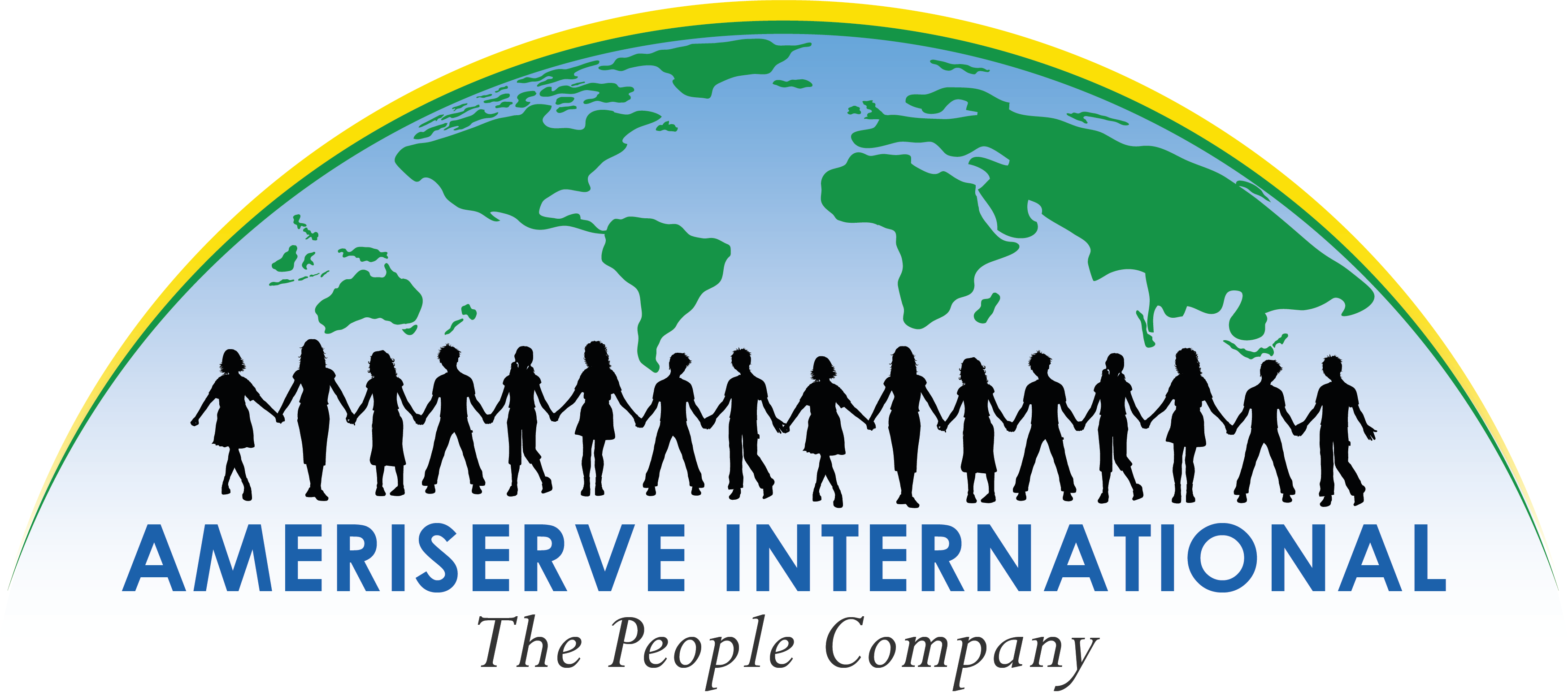Nutrition and Wellness Tips for Adults with Disabilities
Discover essential nutrition and wellness tips for adults with disabilities. Learn how a balanced diet and healthy lifestyle can enhance overall well-being and independence.
Good nutrition and wellness are vital for everyone, including adults with disabilities. A balanced diet and a healthy lifestyle can significantly enhance physical health, emotional well-being, and independence.
Understanding the Importance of Nutrition and Wellness
Why Nutrition Matter: Proper nutrition is essential for maintaining energy levels, supporting immune function, and promoting overall health. For adults with disabilities, a well-balanced diet can help manage chronic conditions, prevent additional health issues, and improve quality of life.
The Role of Wellness: Wellness encompasses physical, emotional, and mental health. Engaging in regular physical activity, managing stress, and fostering social connections are key components of overall well-being.
Nutrition Tips for Adults with Disabilities
1. Balanced Diet Basics
- Variety is Key: Include a wide range of fruits, vegetables, lean proteins, whole grains, and healthy fats in your diet.
- Portion Control: Pay attention to portion sizes to avoid overeating and maintain a healthy weight.
2. Special Dietary Needs
- Consult with a Dietitian: Work with a registered dietitian to create a meal plan that addresses specific dietary needs and health conditions.
- Allergies and Intolerances: Be aware of food allergies and intolerances, and find suitable alternatives to ensure nutritional adequacy.
3. Hydration
- Stay Hydrated: Drink plenty of water throughout the day. Dehydration can lead to various health issues, including fatigue and kidney problems.
- Limit Sugary Drinks: Reduce the intake of sugary beverages and opt for water, herbal teas, or low-calorie drinks.
4. Healthy Snacking
- Choose Nutrient-Dense Snacks: Opt for snacks like fruits, vegetables, nuts, and yogurt instead of processed snacks high in sugar and unhealthy fats.
- Plan Ahead: Keep healthy snacks readily available to avoid the temptation of unhealthy options.
5. Cooking at Home
- Simple Recipes: Try simple and healthy recipes that are easy to prepare at home. Cooking at home allows better control over ingredients and portion sizes.
- Meal Prep: Prepare meals in advance to save time and ensure access to nutritious food throughout the week.
Wellness Tips for Adults with Disabilities
1. Regular Physical Activity
- Find Enjoyable Activities: Engage in physical activities that are enjoyable and suitable for your abilities, such as walking, swimming, or adaptive sports.
- Consistency is Key: Aim for regular exercise, even if it’s just a few minutes a day. Consistency helps build strength, flexibility, and endurance.
2. Mental Health and Emotional Well-Being
- Mindfulness and Relaxation: Practice mindfulness techniques, such as meditation or deep breathing exercises, to reduce stress and promote relaxation.
- Seek Support: Reach out to friends, family, or support groups to talk about your feelings and experiences. Professional counseling can also be beneficial.
3. Social Connections
- Engage in Social Activities: Participate in community events, join clubs, or volunteer to build social connections and combat isolation.
- Online Communities: Connect with online support groups and communities to share experiences and receive encouragement.
4. Sleep Hygiene
- Establish a Routine: Create a regular sleep schedule to improve sleep quality. Aim for 7-9 hours of sleep each night.
- Comfortable Sleep Environment: Ensure your sleeping area is comfortable, quiet, and free from distractions.
5. Preventive Healthcare
- Regular Check-ups: Schedule regular medical check-ups and screenings to monitor and manage health conditions.
- Vaccinations and Screenings: Stay up-to-date with vaccinations and routine health screenings to prevent illnesses.
Tailoring Wellness Strategies to Individual Needs
Personalized Approaches
- Individual Assessments: Assess individual needs and preferences to tailor wellness strategies effectively.
- Adaptive Equipment: Use adaptive equipment and technologies to facilitate physical activities and daily tasks.
Family and Caregiver Involvement
- Supportive Environment: Create a supportive environment that encourages healthy habits and provides necessary assistance.
- Education and Training: Educate family members and caregivers on the importance of nutrition and wellness, and involve them in planning and implementing strategies.
FAQ
Why is nutrition important for adults with disabilities? Proper nutrition supports overall health, helps manage chronic conditions, and improves quality of life for adults with disabilities.
How can I ensure I’m getting a balanced diet? Include a variety of fruits, vegetables, lean proteins, whole grains, and healthy fats in your diet. Consult a dietitian for personalized guidance.
What types of physical activities are suitable for individuals with disabilities? Activities such as walking, swimming, adaptive sports, and even chair exercises can be suitable. Choose activities that match your interests and abilities.
How can I manage stress and improve mental well-being? Practice mindfulness techniques, seek support from friends, family, or professionals, and engage in activities that bring joy and relaxation.
What role do social connections play in wellness? Social connections help combat isolation, provide emotional support, and contribute to overall well-being by fostering a sense of belonging.
How can caregivers support the nutrition and wellness of adults with disabilities? Caregivers can create a supportive environment, assist with meal planning and preparation, encourage physical activity, and provide emotional support.
Conclusion
Nutrition and wellness are essential components of a healthy and fulfilling life for adults with disabilities. By focusing on a balanced diet, regular physical activity, and emotional well-being, individuals can enhance their quality of life and achieve greater independence. Families, caregivers, and communities play a crucial role in supporting these efforts and ensuring that individuals with disabilities have the resources and opportunities they need to thrive.
